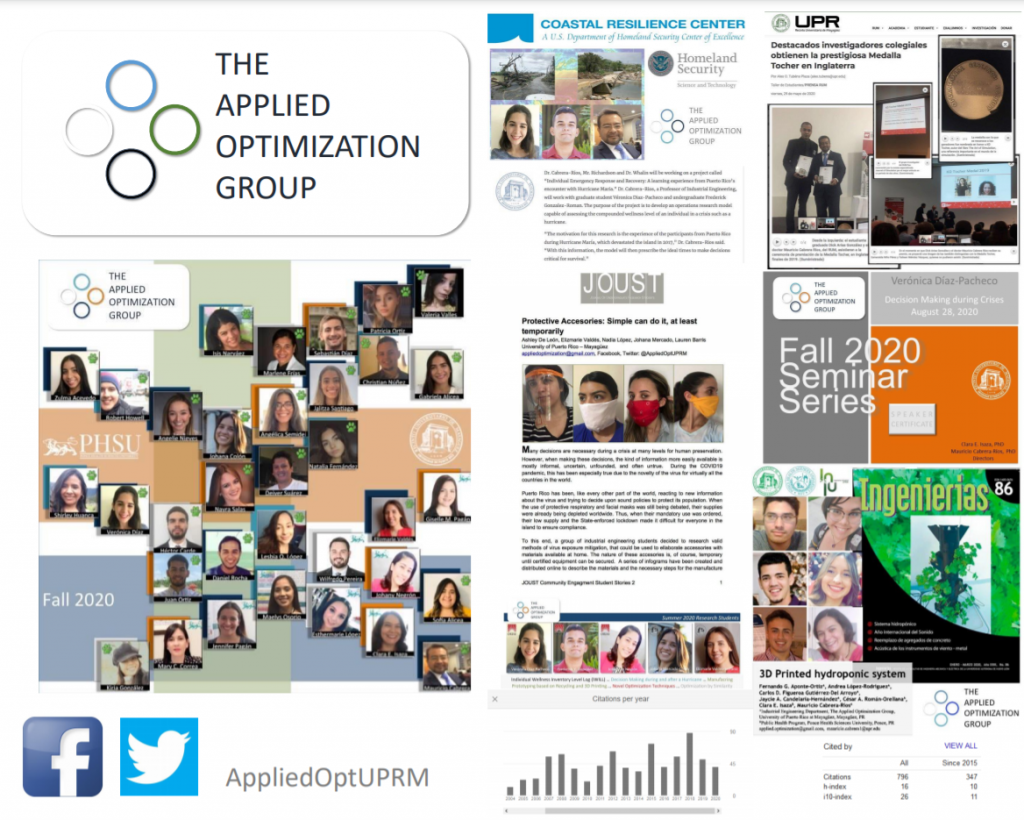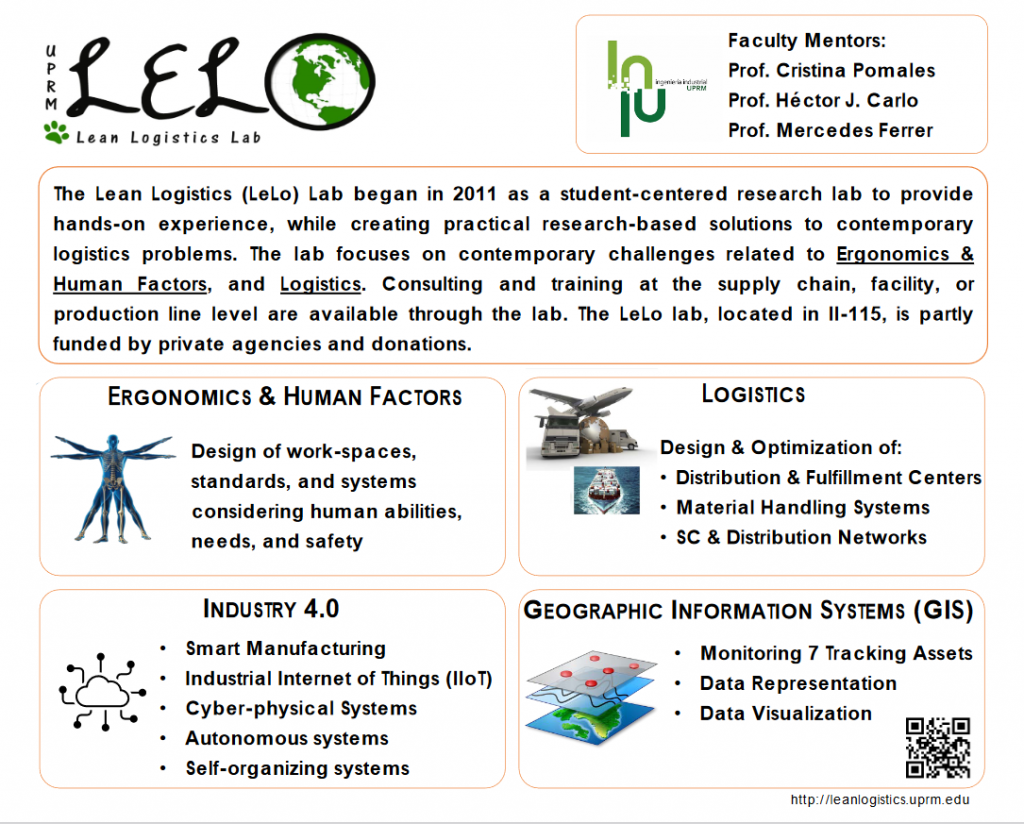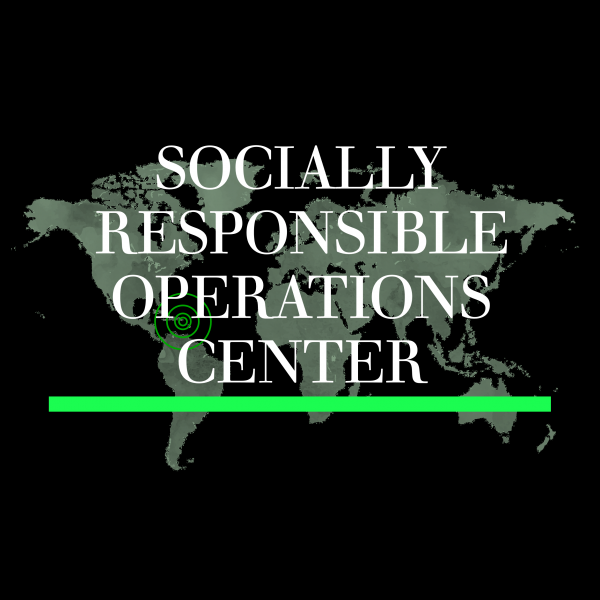The Bio IE Lab focuses on the use of engineering analysis methods to extract biological knowledge from scientific in-silico, in-vitro and in-vivo experiments. The laboratory integrates high computing capabilities and state-of-the-art algorithms to lead data-based biological discovery. The lab work relates statistical, soft-computing and optimization techniques to biological data analysis. In particular, the search and discovery of biomarkers of cancer is a central line of work of the Bio IE lab. Located in the Industrial Engineering Department, the laboratory is equipped with 5 MacPro workstations and one iMac capable of running UNIX, Mac and Windows software, two printers.


Human & Health Systems Engineering (HHSE) Research Lab
HF/E, Industrial, and Systems Engineering methods for the D&D of digital interventions for health care and education.
Lean Logistics (LeLo) Lab
The Lean Logistics (LeLo) Lab is a student-centered research lab seeking to provide hands-on experience while creating practical research-based solutions to contemporary logistics problems. The main research streams in LeLo are ergonomics & human factors and material handling & logistics. Consulting and training at the supply chain, facility, or production line level are available through the lab. The LeLo lab, located in II-115, is partly funded by private agencies and donations.


Socially Responsible Operations Center (SRO)
Socially Responsible Operations (SRO)
Our mission is to discover and promote innovative decision making for the wellbeing of society.
The center strategy is to capitalize on the synergy created by the interaction and collaboration among research groups to create a culture of innovation and problem solving of societal issues. Contributors strive to create a sustainable operation that will enable the incubation of ideas that will benefit the center’s mission. One of the keys for its success is founded in the allocation of common space, resources and equipment that will impact the development of student’s research skills at a reduced cost.
